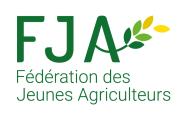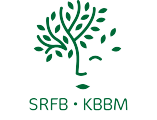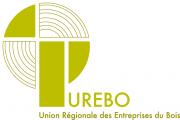Honeybee economics : Implications for ecology policy
Informations
-
For thousands of years, humans have known the value of honeybees in agriculture. Their pollination services are crucial for the mankind, the Global ecosystem and food production. Without the pollination services of honeybees, human population on earth could not be what it is today. A serious famine would arise with a detrimental effect on the quality of life. The recently documented decline of the honeybee colonies in the world is alarming and may threaten the whole living nature. To develop a proper policy intervention, the economic analysis can be employed to develop Honeybee Economics. Such an endeavour reveals striking efficiencies of honeybee societies in terms of division of labor, the pleasure of work instead of shirking, career development, information sharing, and extreme altruism. A communist society, however, comes at a cost. Strict policing in management of the genetic interest conflicts is unavoidable in terms of workers' dictatorship with a rather limited power allocated to the Monarch. In our paper, the economy of honeybees is analyzed in terms of an implicit labor contract with a farmer. It is a two-output economy: the honeybees not only produce honey but are engaged in Pareto- efficient exchange with flowering plants including procurer and provision of pollination services. This benefits the whole nature, including the mankind. From the global perspective, markets for pollination services exist only in limited areas, for example in the Western United States. The missing market makes the pollination an externality. In their principal-agent relationship with the farmer, the working effort of honeybees appears a virtue in the spirit of the Calvinist Ethics. Therefore, it is appropriate to value their labor effort in terms of the Marxian labor theory of value. But it is subject of time inconsistency. The industry is subject of substantial risks. The risk aversion creates a wedge between the expected market price and the production cost. The risks are reflected in volatility in the pollination services reducing the consumers' welfare. Data on honey production, a complement to the pollution services, is used to examine the magnitude of risks and the potential cycles. Both the externality, the industry risks and the risk aversion speak for taxing consumers and subsidizing producers as the solution for the optimal tax problem.
-
https://helda.helsinki.fi/bitstream/handle/10138/38650/HECER-DP363.pdf?sequence=...




















































